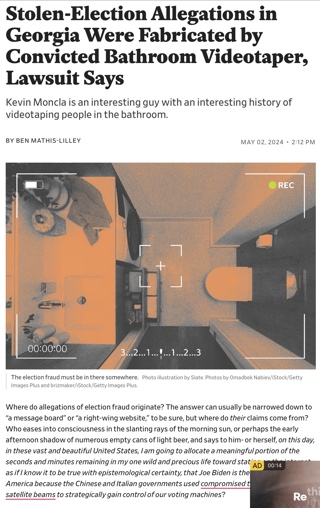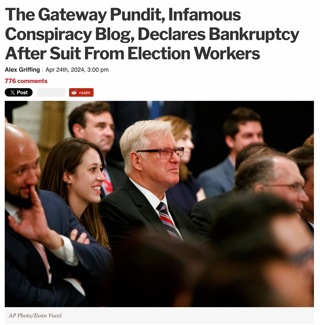‘Founding fathers oppossed slavery, but weren’t abolitionists’? As usual, I’m confused.
“Thus we see, the plain unmistakable spirit of that age, towards slavery, was hostility to the PRINCIPLE, and toleration, ONLY BY NECESSITY.
In Lincoln’s famous 1860 Cooper Union speech, he noted that of the 39 framers of the Constitution, 22 had voted on the question of banning slavery in the new territories. Twenty of the 22 voted to ban it, while another one of the Constitution’s framers—George Washington—signed into law legislation enforcing the Northwest Ordinance that banned slavery in the Northwest Territories. At Cooper Union, Lincoln also quoted Thomas Jefferson, who had argued in favor of Virginia emancipation: “It is still in our power to direct the process of emancipation, and deportation, peaceably, and in such slow degrees, as that the evil will wear off insensibly….”
To be sure, the Founding Fathers weren’t abolitionists. But they were overwhelmingly antislavery.











